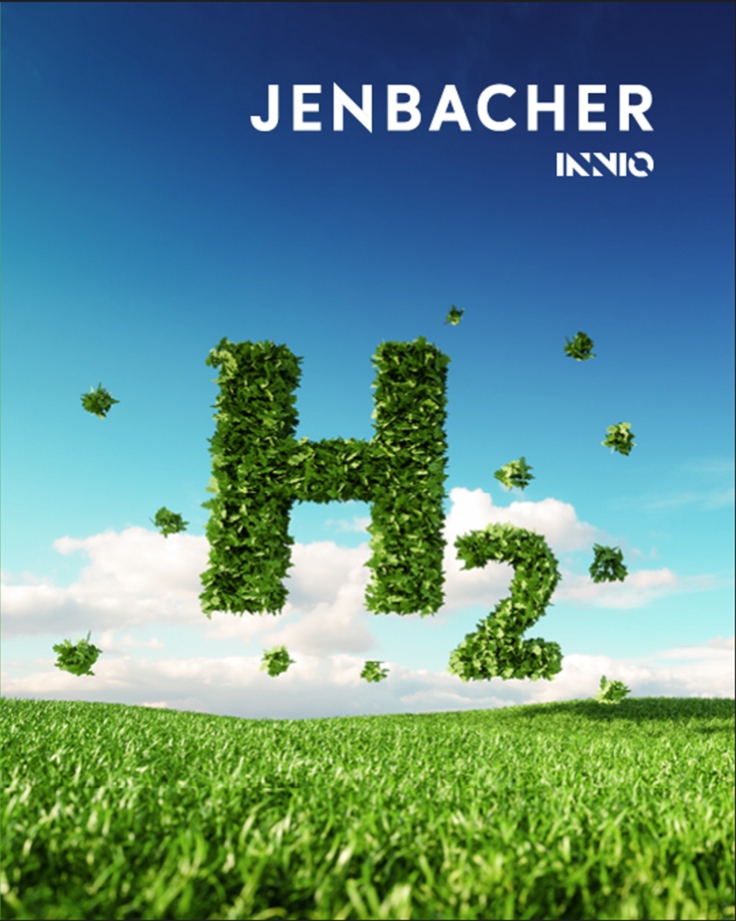
Join INNIO for a free webinar on the future of renewable fuels for power generation in Europe
Europe is aiming for carbon neutrality by 2045. Reaching that goal will mean transitioning from a largely fossil-based system to a low or even zero-carbon energy system. As we transition, maintaining a stable and resilient energy supply will require flexible solutions that balance volatile renewables.
These solutions can best be provided by dispatchable gas power plants, ideally with flexible gas engines running on renewable gases.
With our Jenbacher technology, INNIO is well positioned to use renewable gases in our engines:
- About 6,000 Jenbacher engines already run on biogas or biomethane.
- Hydrogen and ammonia are the future carbon-free fuels for gas engines.
- Gas engines can flexibly bridge the journey from pipeline gas to renewable fuels.
INNIO has the experience, the technology, and the commitment to provide the solutions needed for the transition to a sustainable power generation future.
What will you learn on this webinar?
Biomethane is an ideal addition to pipeline gas because it can be injected into the pipeline network without limitations and modifications on the gas infrastructure. All end consumers of gas, including gas engine operators, can continue to run reliably with current optimized performance and emission standards. Biomethane used in combined heat and power (CHP) plants achieves the highest efficiency and fuel utilization.
Hydrogen, or optionally ammonia, is expected to play an important role in replacing fossil pipeline gas as an energy source for gas engines. Ideally this will be green hydrogen produced from renewable power such as wind and solar and used as energy storage. Essentially carbon free, hydrogen can be stored in large amounts and over longer periods of time.
Jenbacher units have operated on various gases with high hydrogen content for many years. Steel gases and synthetic gases with high hydrogen content of up to 60% (vol) are in operation worldwide. Newer projects use local hydrogen blending to pipeline gas up to 60% (vol). Jenbacher engines are highly flexible in admixing hydrogen to pipeline gas. The use of 100% hydrogen in a 1 MW gas engine has already become reality.
What is also important to know:
- Jenbacher engines can be provided as dual gas engines running on pure pipeline gas, a mixture of pipeline gas and hydrogen, or 100% hydrogen.
- All Jenbacher engines delivered for pipeline gas operation today can be retrofitted to hydrogen operation in the future. Most of the existing gas engines in the field can be converted to hydrogen operation in the future.
- CHP is the most efficient use of pipeline gas and will be the most efficient use of hydrogen in the future.
- CHP is a flexible distributed power generation solution today and will be an ideal sustainable future solution for balancing volatile renewable power generation.
Interested in using hydrogen for power generation projects? We will share our in-depth understanding and experience regarding the transition to hydrogen and sustainable power generation. Register for this free webinar today!
Key Learning Objectives:
- Discover the Jenbacher product portfolio and our cleaner, faster energy solutions.
- Learn about current Jenbacher pilot projects using H2 and about partnering on projects using hydrogen.
- Engage with thought leaders in sustainable power generation.



